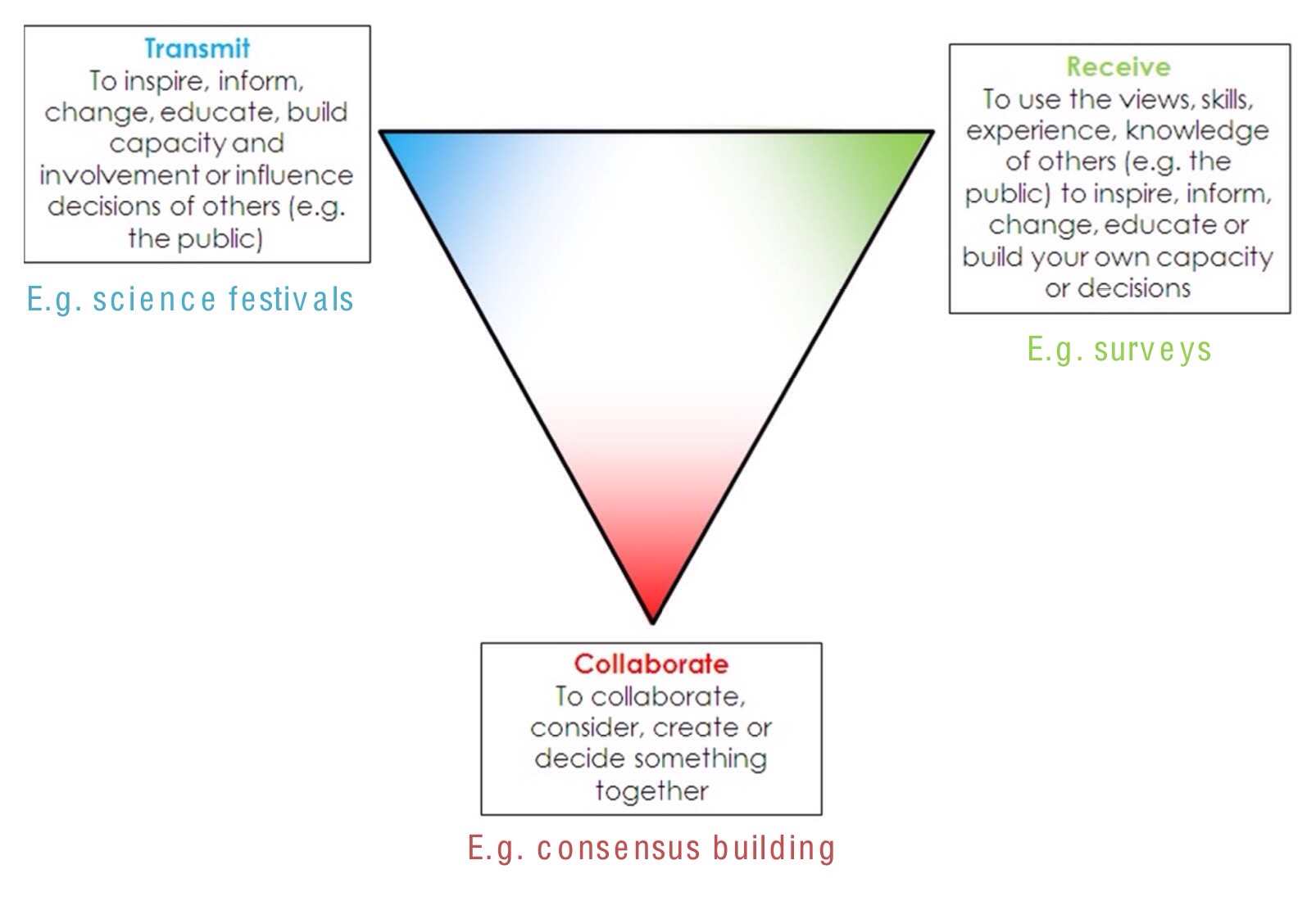Last week the Royal Society announced that its first Professor of Public Engagement would be Brian Cox. Not an especially surprising appointment, and from day one he was on the case, arguing on Radio 4 and breakfast TV for the importance of science and its funding.
I should say from the outset, that I don’t have a problem with Brian Cox. He makes good documentaries, is a compelling presenter, can sometimes be quite funny, and is a passionate advocate for science. But the appointment does make me reflect on how the science community, and its National Academy conceptualise public engagement with science.
Public engagement with research is not a straightforward concept. The [Last week the Royal Society announced that its first Professor of Public Engagement would be Brian Cox. Not an especially surprising appointment, and from day one he was on the case, arguing on Radio 4 and breakfast TV for the importance of science and its funding.
I should say from the outset, that I don’t have a problem with Brian Cox. He makes good documentaries, is a compelling presenter, can sometimes be quite funny, and is a passionate advocate for science. But the appointment does make me reflect on how the science community, and its National Academy conceptualise public engagement with science.
Public engagement with research is not a straightforward concept. The](http://www.publicengagement.ac.uk/) (NCCPE) has published a helpful definition:
Public engagement describes the myriad of ways in which the activity and benefits of higher education and research can be shared with the public. Engagement is by definition a two-way process, involving interaction and listening, with the goal of generating mutual benefit. [Emphasis added]
Building on this a number of years ago, the ‘Science for All’ working group developed a broad characterisation[pdf] of public engagement, summarised in the engagement triangle.

This framework identifies three axes on which to consider engagement, depending on whether the aim is to transmit, receive or collaborate. There is no hierarchy implied between the different objectives, but the exhortation is to be clear about what, exactly, you are seeking to achieve with engagement. There is also a policy implication from this way of thinking: at some level we need to consider whether the balance between different types of engagement is right. This probably isn’t about an individual covering all three bases, but at the level of a university, and certainly nationally, we need to consider what combination we are seeking to achieve.
The appointment of Brian Cox, at least based on his track record in engagement, suggests a very strong focus on the ‘transmit’ aspects of public engagement. His enthusiasm and skills lie in educating and inspiring people about science, but also extend into the territory of advocacy for science, promoting both the notion that scientific evidence should be a central issue in decision-making, and the case for science funding. This is all positive, and it is fantastic to have a high-profile figure in the role.
But I do worry that this betrays a very narrow conception of public engagement in our national academy. By this reading, engagement is all about wowing the public with the brilliance of science, and getting them ‘on side’ in the debate about funding. It ignores more critical views of science and its role. And doesn’t acknowledge at all the idea that the public should have some say in the processes of science: how much is funded, what is researched, and how that research is used. Perhaps the new role should have been labelled the Professor of Public Enthusiasm.
This isn’t just about how things are labelled, though. Recent history, and lots of evidence, suggest that there is limited value in focussing only on science communication. It has its place, but ignoring broader engagement ultimately results in disengagement and distrust of science. This is, after all, why the terms ‘Public Understanding of Science’ was dropped in favour of ‘Public Engagement’. This applies as much to advocacy for science funding as it does to debates about GM crops or fracking. A public appeal that basically says ‘science is great, send money’ risks alienating people, even people who are positive about science and technology. What about the undoubted downsides to some technologies? What about the broad choices that are inevitably part of public spending decisions? What are we not spending money on to increase science spending? I think we need some high-profile scientists opening up these more contested questions too.
